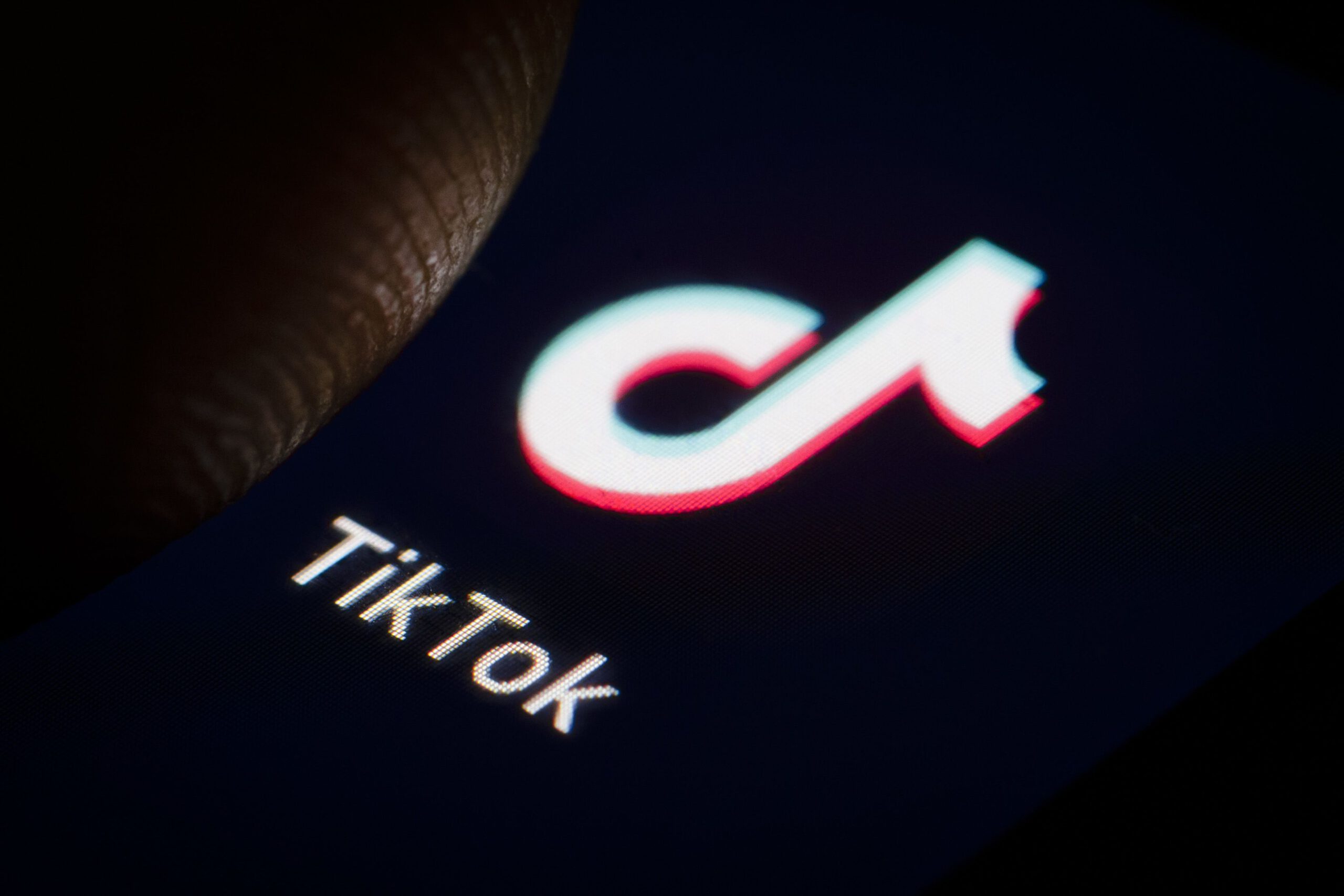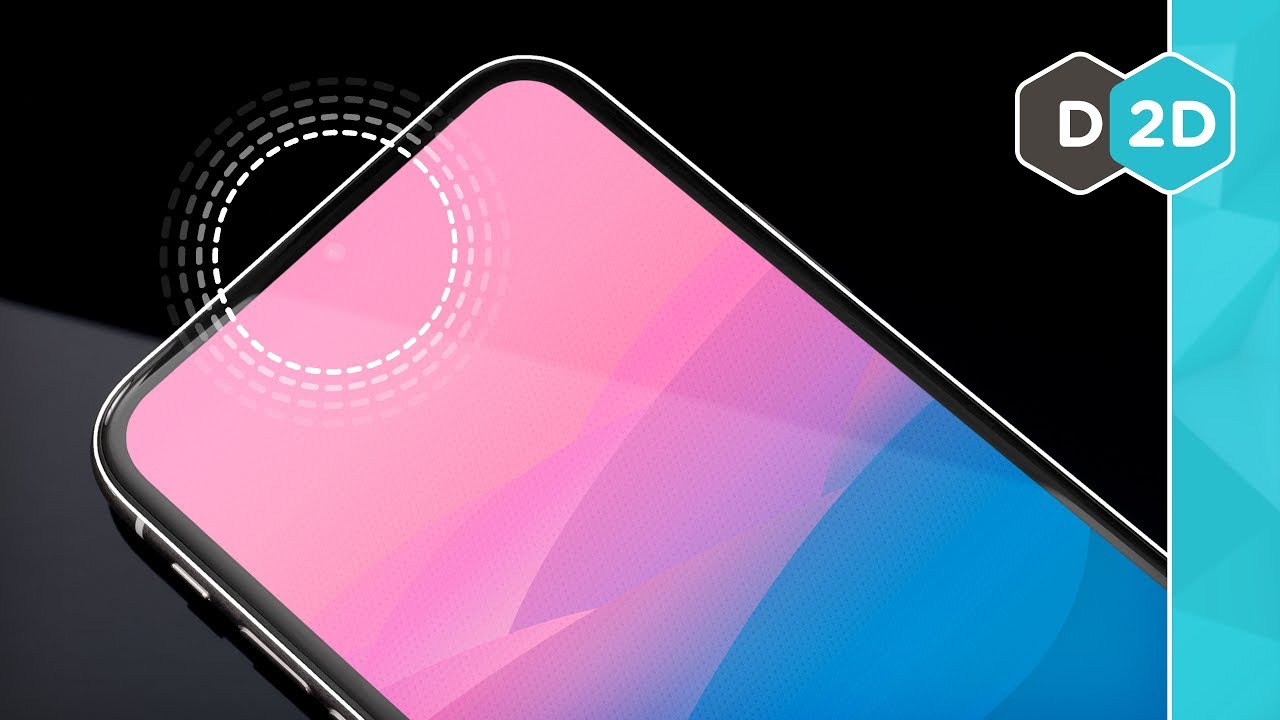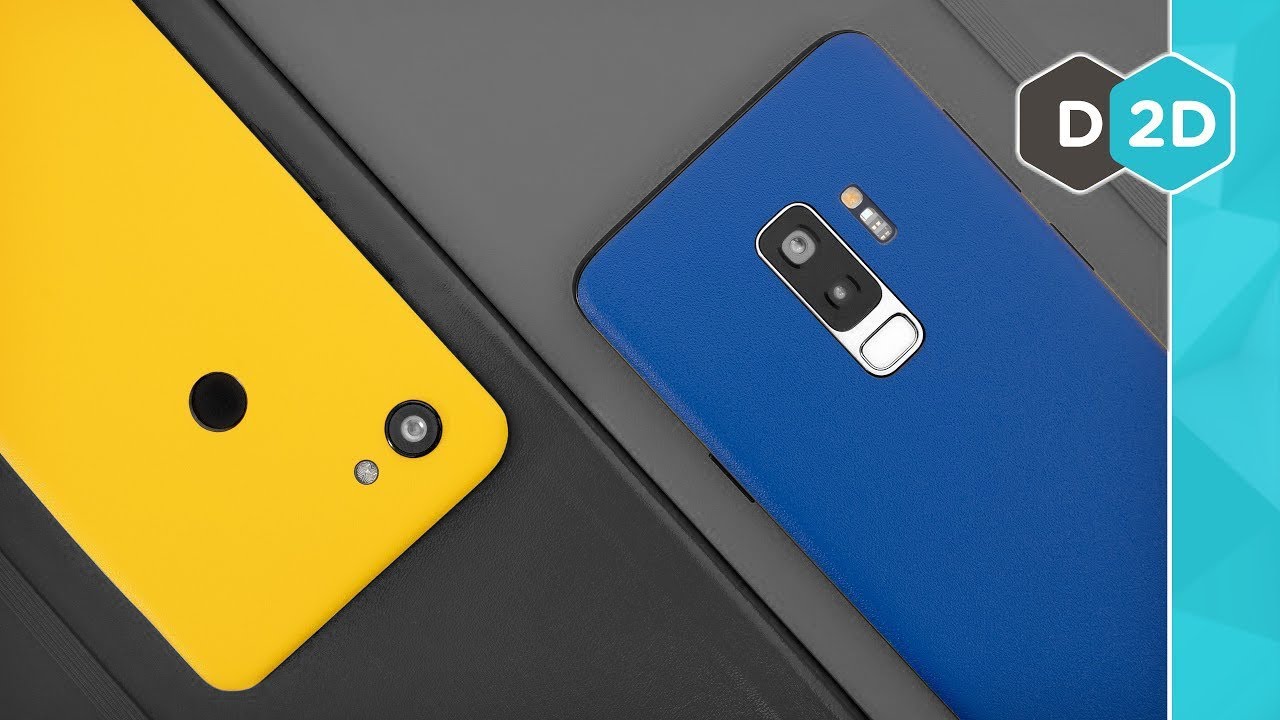
Amazon, Hulu, and Netflix—the three biggest players in online entertainment—are like the three broadcast networks that dominated the early days of broadcast television. But unlike ABC, CBS, and NBC, cord-cutters must pay subscription fees to watch what these services have to offer. Assuming you don’t want to sign up for all three, which one delivers the best value for the dollar?
Let’s compare each service’s original movies and television series; the depth and breadth of their licensed content; their user experience (on smart TVs and streaming devices, in a web browser, and on mobile devices); the availability of 4K content; and prices.
Amazon Prime Video
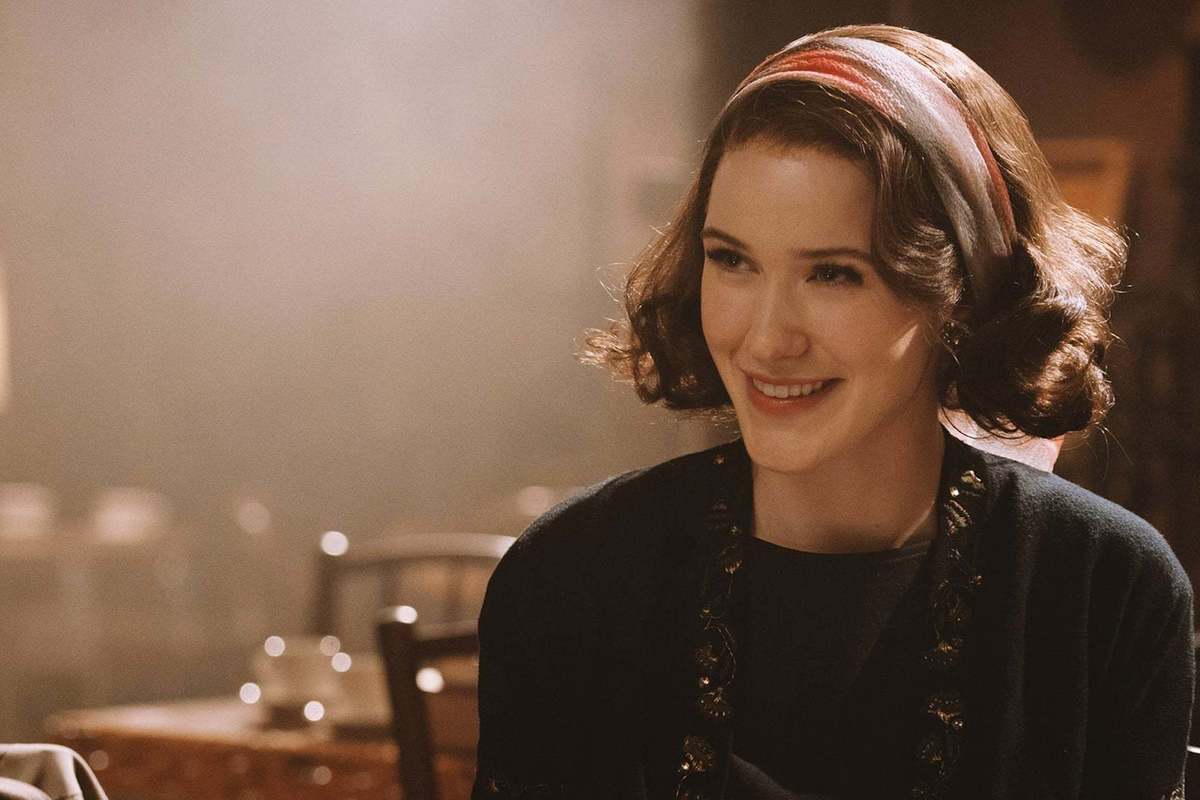 Amazon
AmazonRachel Brosnahan stars as the stand-up comic title character in the Amazon Original series The Marvelous Mrs. Maisel.
Amazon has been leaning into producing its own original content—some of it quite good—but it also licenses movies and TV series from other sources. Amazon is unique among these three services in that it operates on a hybrid model: You get lots of content for the price of a subscription, but if you don’t want to wait for a particular movie to “age” into that availability tier following its theatrical run, you might be able to rent it for an additional fee (once you start streaming a rented movie, you typically have 48 hours to finish watching it).
Smart TV streaming: Amazon Prime’s Smart TV app is cleaner than its desktop experience, with an easy-to-see menu bar at the top of the screen: “Search,” “Home,” “Originals,” “Movies,” “TV,” “Kids,” “Video Library,” “Watchlist,” and “Settings.” The ad is just below, a static banner, followed by rows of titles to choose from. The “Watch Next” is first up, followed by lists of originals and other suggestions.
Clicking on a movie gives viewers options to see what customers also watched, a look at the cast, or options to change subtitle or audio choices. Titles can be added or removed from the Watchlist. On certain titles a pause during play brings up the cast members that are currently in the scene, with an option to go to “X-Ray” for a deeper look (Amazon owns IMDb—the Internet Movie Database—so its metadata can be very good). Viewers can also adjust the closed-captioning from the movie interface, fast-forward, or rewind.
TV viewers should be aware that if you’ve decided to start watching a show that is already in its second or third season, Prime defaults to the newest season, as opposed to the first season. You must manually go back to select Season One. (I made this mistake myself, accidentally watching the entire second season of One Mississippi, accompanied by the vague notion that I had missed something.)
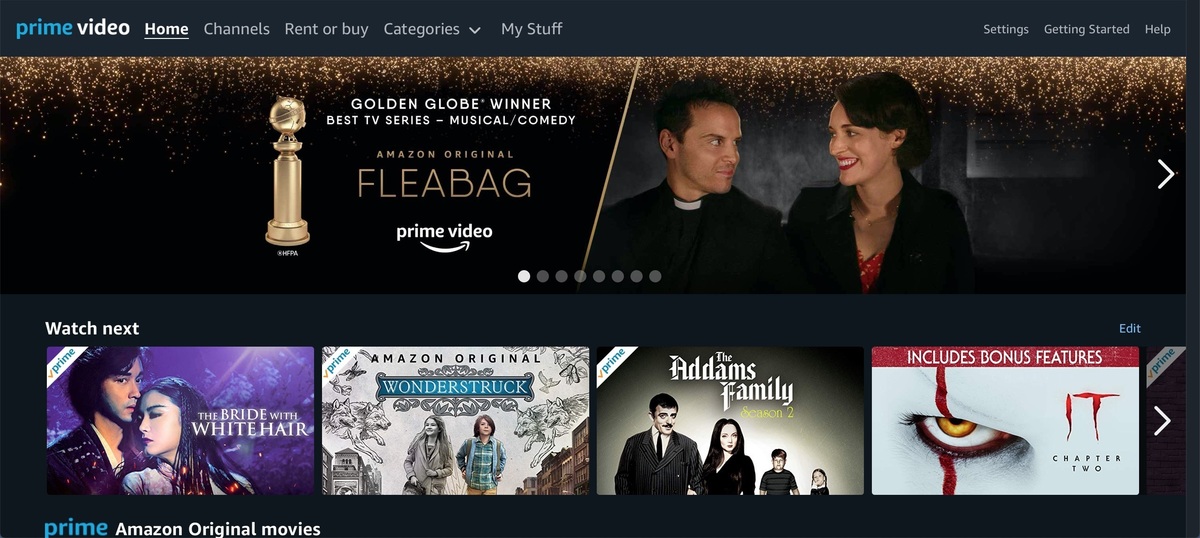 Jeffrey M. Anderson / IDG
Jeffrey M. Anderson / IDGWhen using Amazon Prime Video in a web browser, It’s not always easy to navigate away from the Amazon store to its Prime Video section.
Browser streaming: On the desktop, it’s not always easy to…
https://www.techhive.com/article/3514595/amazon-prime-hulu-netflix-compared-which-is-best.html#tk.rss_all




